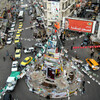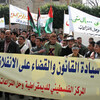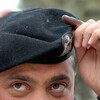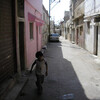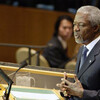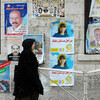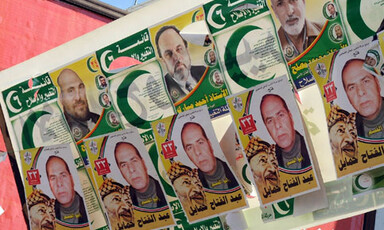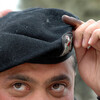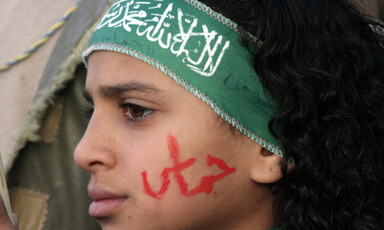
Palestinians' time of choice
Gaza City 24 January 2006
A year on and the groaning burden of the Israeli occupation remains in place – a constant feature of the political and geographical landscape. The impact of Israel’s occupation on the election for the 132-member Palestinian Legislative Council on 25 January 2006 remains unclear but certain key factors have to be taken into consideration. The pressures of occupation and poverty are undiminished, but the Palestine election is an opportunity for activists to promote a vision of change, finds Eóin Murray. Read more about Palestinians' time of choice
